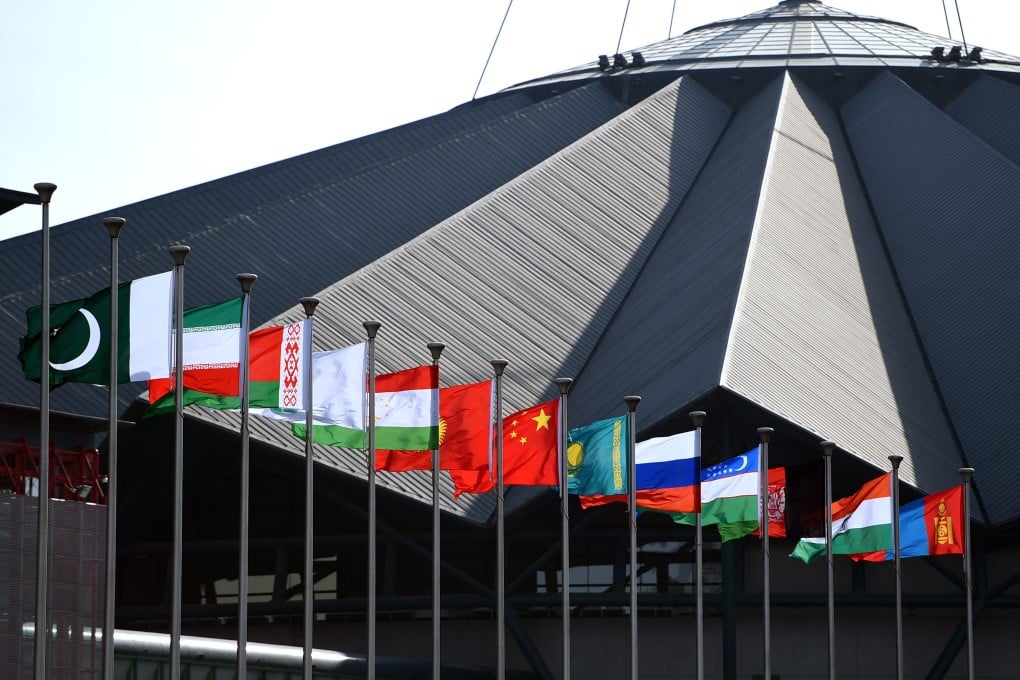Advertisement
China’s outgoing EU envoy to lead Shanghai Cooperation Organisation. Can the group punch its weight?
- Zhang Ming is to take over as secretary general, making him the first Chinese to head the Eurasian grouping since 2006
- His appointment could extend China’s influence in the group, which – much like the European Union – has sometimes been described as a ‘talking shop’
Reading Time:3 minutes
Why you can trust SCMP
4

Zhang Ming, until recently China’s ambassador to the European Union, is the new secretary general of the Shanghai Cooperation Organisation, one of the world’s largest political and economic groupings.
The appointment makes Zhang the first Chinese head of the group since veteran diplomat Zhang Deguang left office in 2006.
Chinese foreign ministry spokesman Wang Wenbin confirmed the appointment on Wednesday, describing Zhang as an experienced diplomat who was capable of pushing the development of the bloc.
Advertisement
“China will continue to support the work of the SCO secretariat and the secretary general,” Wang said.
Zhang will be based in Beijing, at one of the group’s two headquarters – the other is in Uzbekistan – after last month leaving his posting in Brussels having served a single four-year term. He will take over as SCO secretary general from Vladimir Norov, the Uzbek who had held the role since 2019.
Advertisement
Advertisement
Select Voice
Select Speed
1.00x